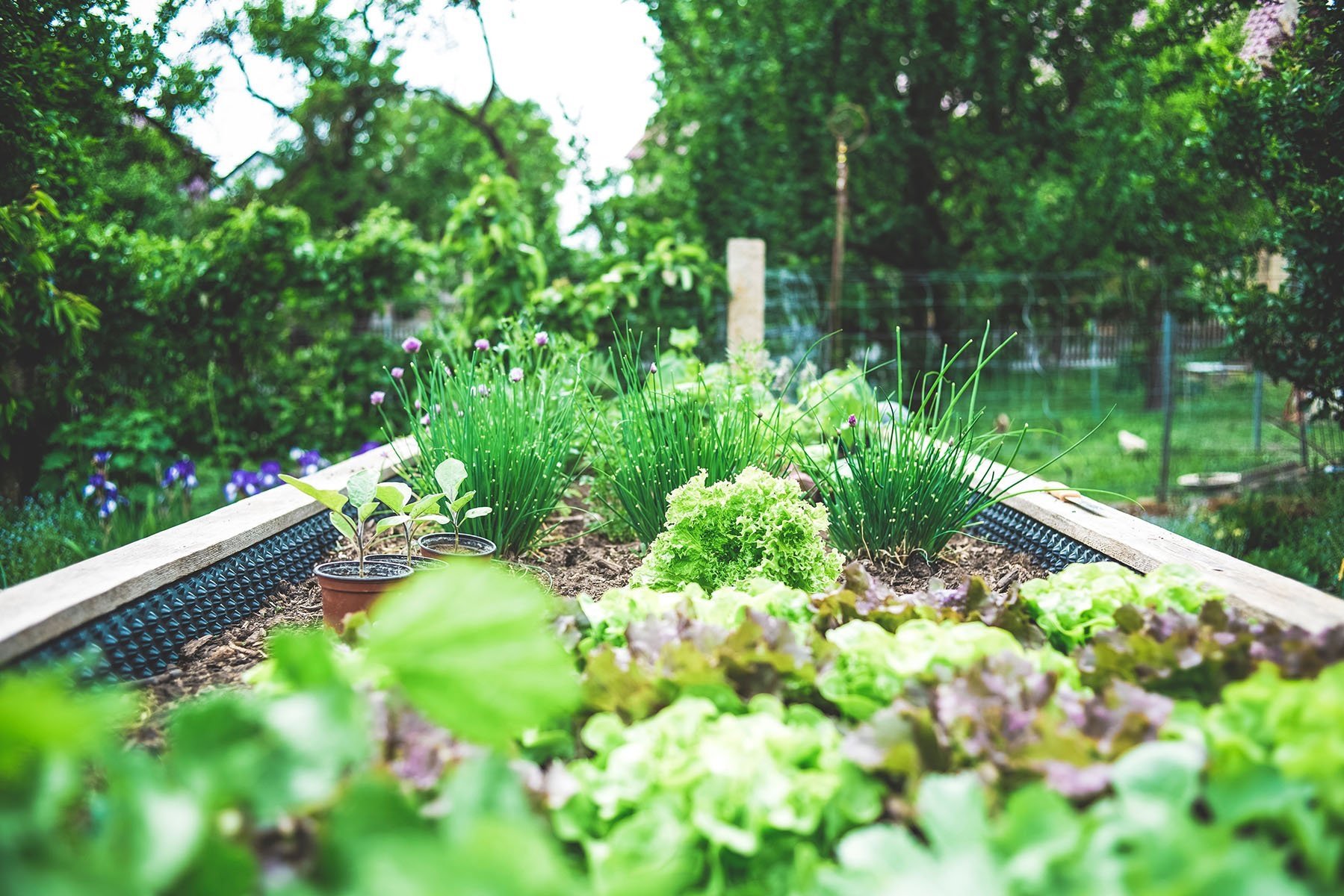Smoke is Not A Problem for Vegetables
Smoke is Not a Problem for Vegetables
With the Smoke Coming in From Canadian Wildfires, You Do Not Have to Worry About Your Vegetable Garden
JAMESTOWN — Cornell Cooperative Extension Cattaraugus County’s Master Gardener Program would like to pass along the following information regarding the recent situation with the fires in Canada and how they impact vegetable plants.
Canadian wildfires are impacting air quality here in the Northeast. Smoke has filled the sky and warnings issued for outdoor activities. This is making many growers and gardeners worried about the potential impact the smoke will have on field grown vegetables. The good news is the impact will be minimal at worst.
Smoke-filled skies decrease sunlight and reduce photosynthesis, but to a small degree and temporarily. Despite the shade, there is still enough diffused light penetrating the smoke to maintain growth. Smoke typically does not block the pores in the leaf (stomata) where photosynthesis happens. The most important thing you can do is maintain good soil moisture by optimizing irrigation. This will keep the pores open and clean. The droughty conditions this spring are likely to cause more of a problem than the smoke.
Concerns that leafy greens and other commodities will pick up a smoky flavor are unwarranted. Recent research done in California after wildfires there showed leafy greens had no issues with flavor or possible volatile chemicals on or within the leaves. The smoke we’re seeing does not contain dangerous chemicals.
The smoke we are experiencing is nearly 100% from the burning forests — not plastics, buildings or chemicals as seen in recent train derailments. The rain that falls through this smoky layer is also not dangerous to plants, people or animals. Unlike acid rain that forms from the burning of high sulfur fuels, the rain will be near neutral pH or just slightly acid.
Pollinators will likely stay close to their hives when it’s smoky. It’s a little early in the season for pollination of squash and other fruiting crops, so this should not be a problem. Even if the crop has flowers, bees will become active again as soon as the smoke clears.
Mask up when you’re outside tending to your plants as the smoke is a danger to you and me. But the vegetables should be fine. Keep them well-watered, and you should be enjoying a normal harvest later this summer.
https://www.vegetables.cornell.edu/2023/06/09/smoke-not-a-problem-for-vegetables/
The Master Gardener Program is one of many programs offered by Cornell Cooperative Extension of Cattaraugus County (CCE- Cattaraugus). CCE- Cattaraugus is a subordinate governmental agency with an educational mission that operates under a form of organization and administration approved by Cornell University as agent for the State of New York. It is tax-exempt under section 501(c)(3) of the Internal Revenue Code. The association is part of the national cooperative extension system, an educational partnership between County, State, and Federal governments. As New York’s land grant university Cornell administers the system in this state. Each Cornell Cooperative Extension association is an independent employer that is governed by an elected Board of Directors with general oversight from Cornell. All associations work to meet the needs of the counties in which they are located as well as state and national goals. For more information, call 716-699-2377 or visit our website at https://cattaraugus.cce.cornell.edu/ . Cornell University Cooperative Extension provides equal program and employment opportunities.

